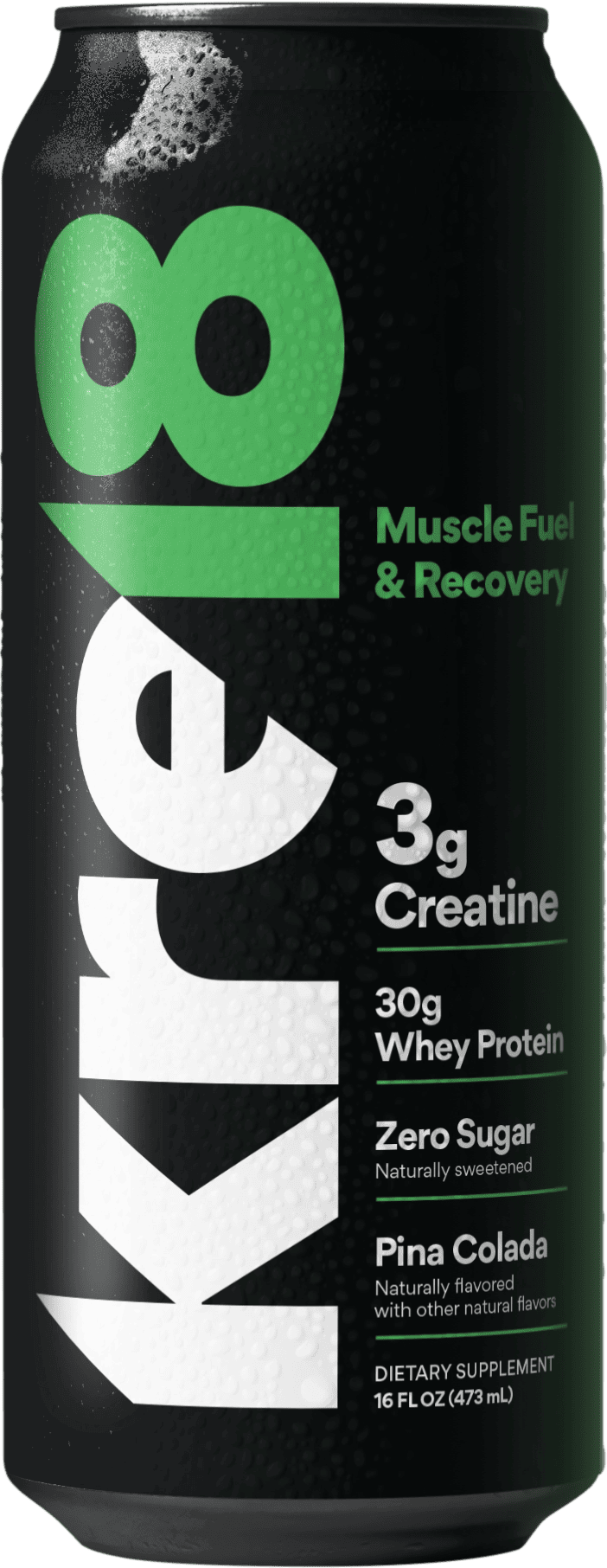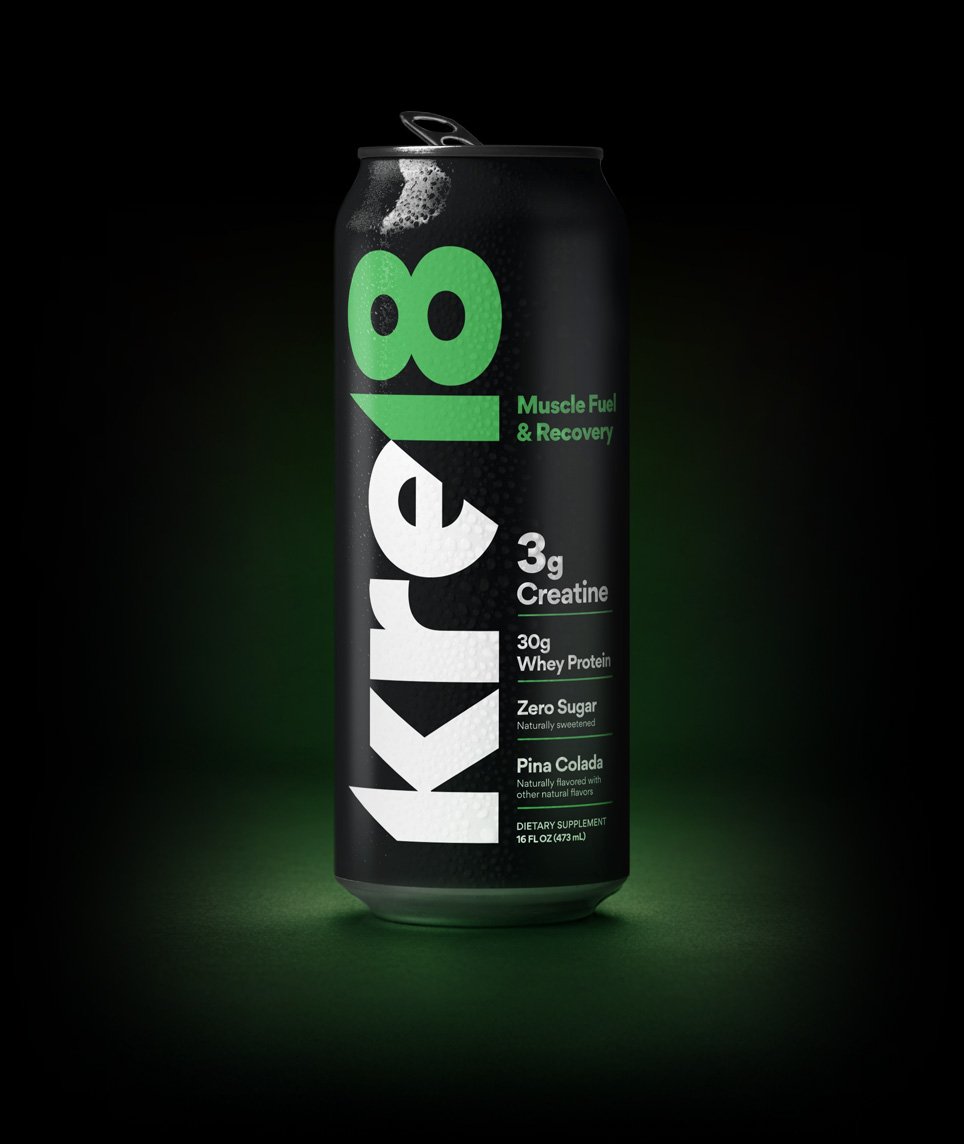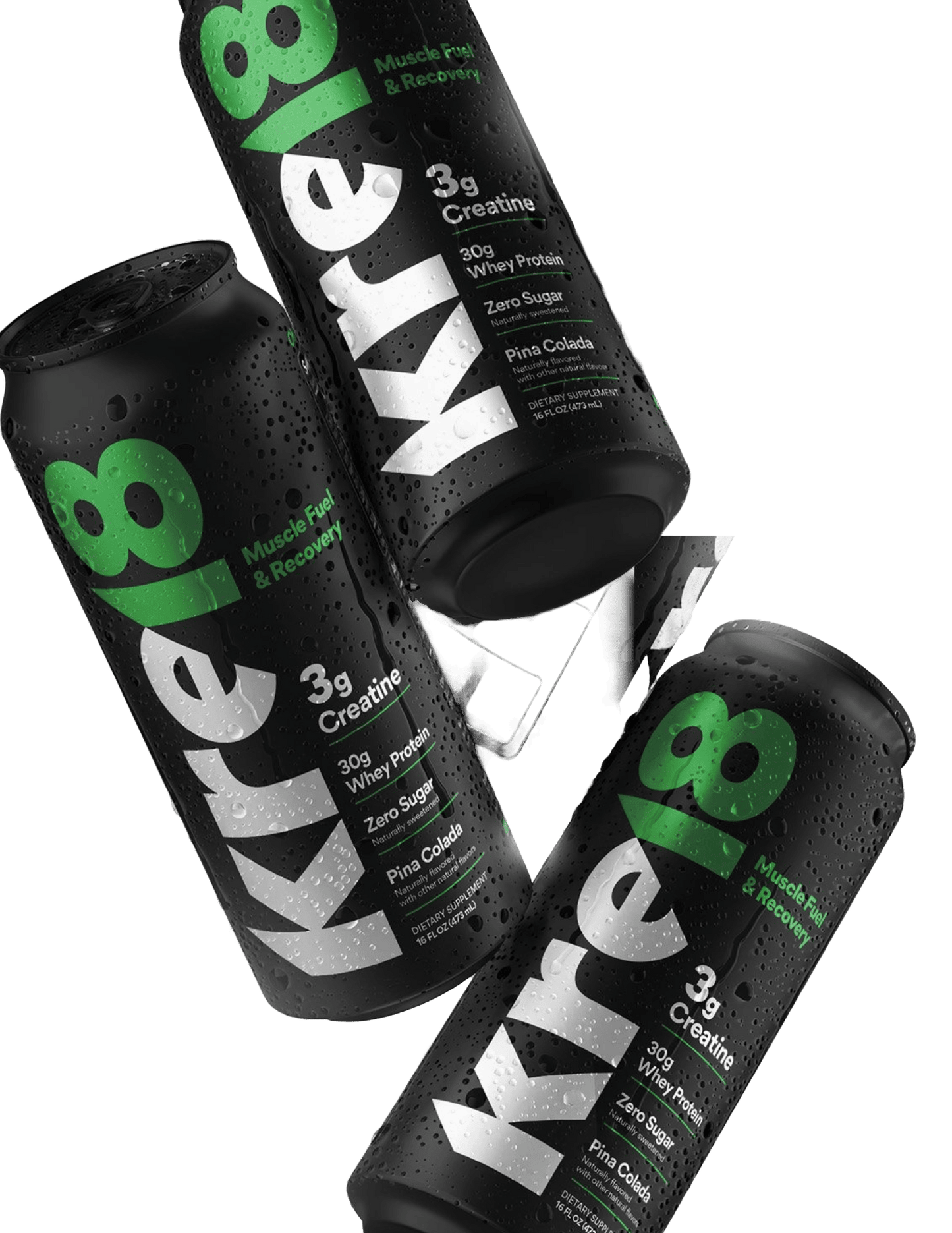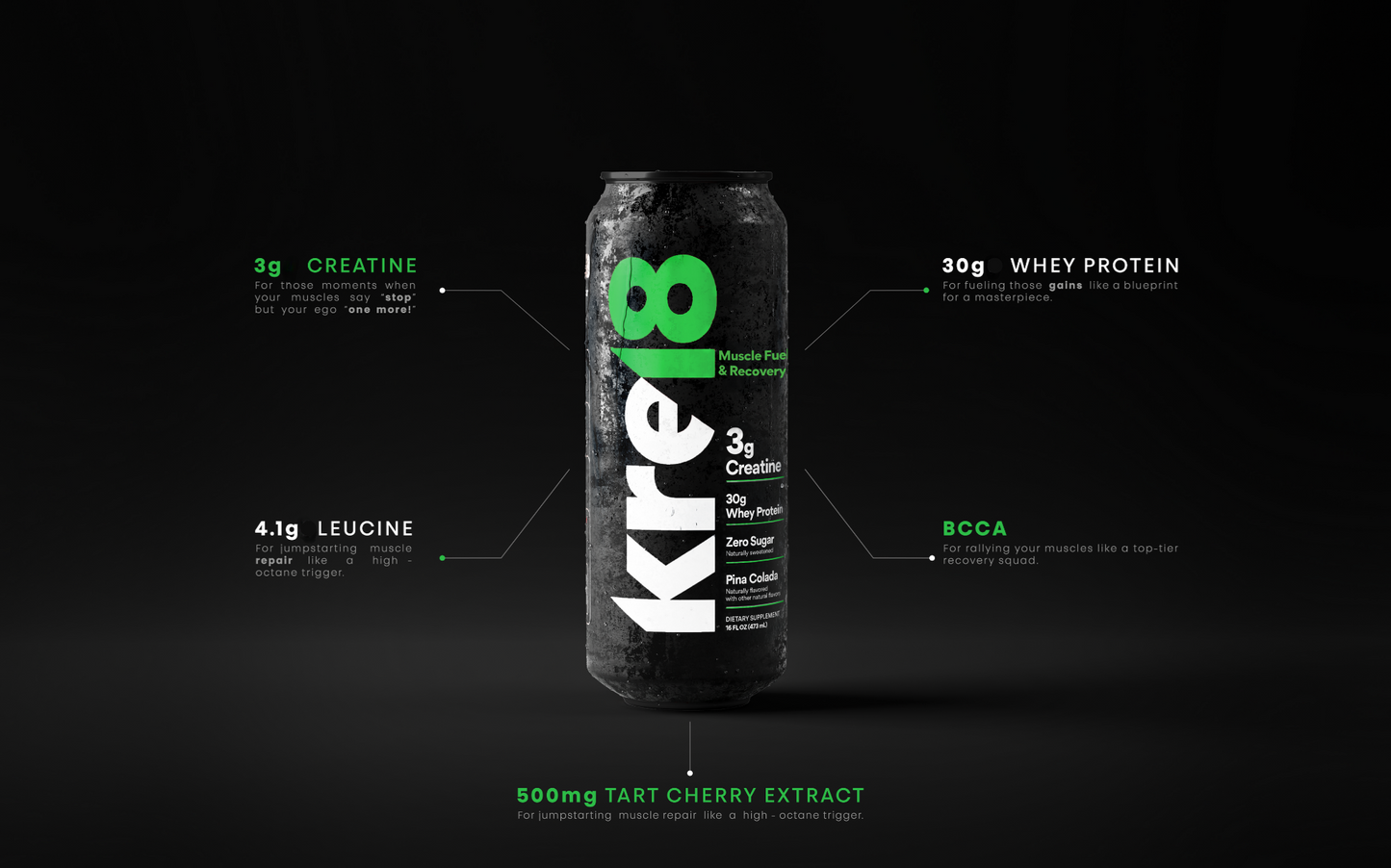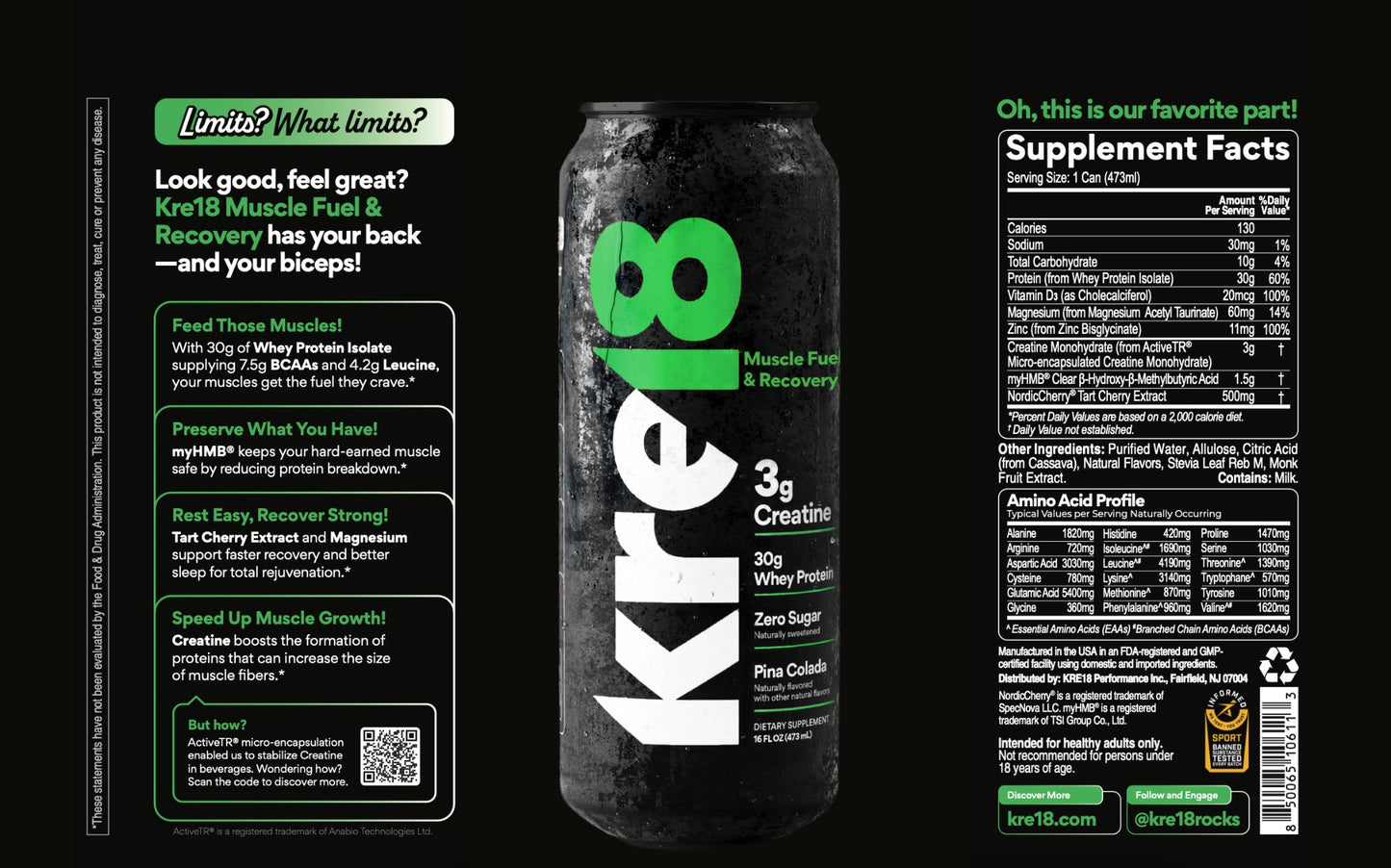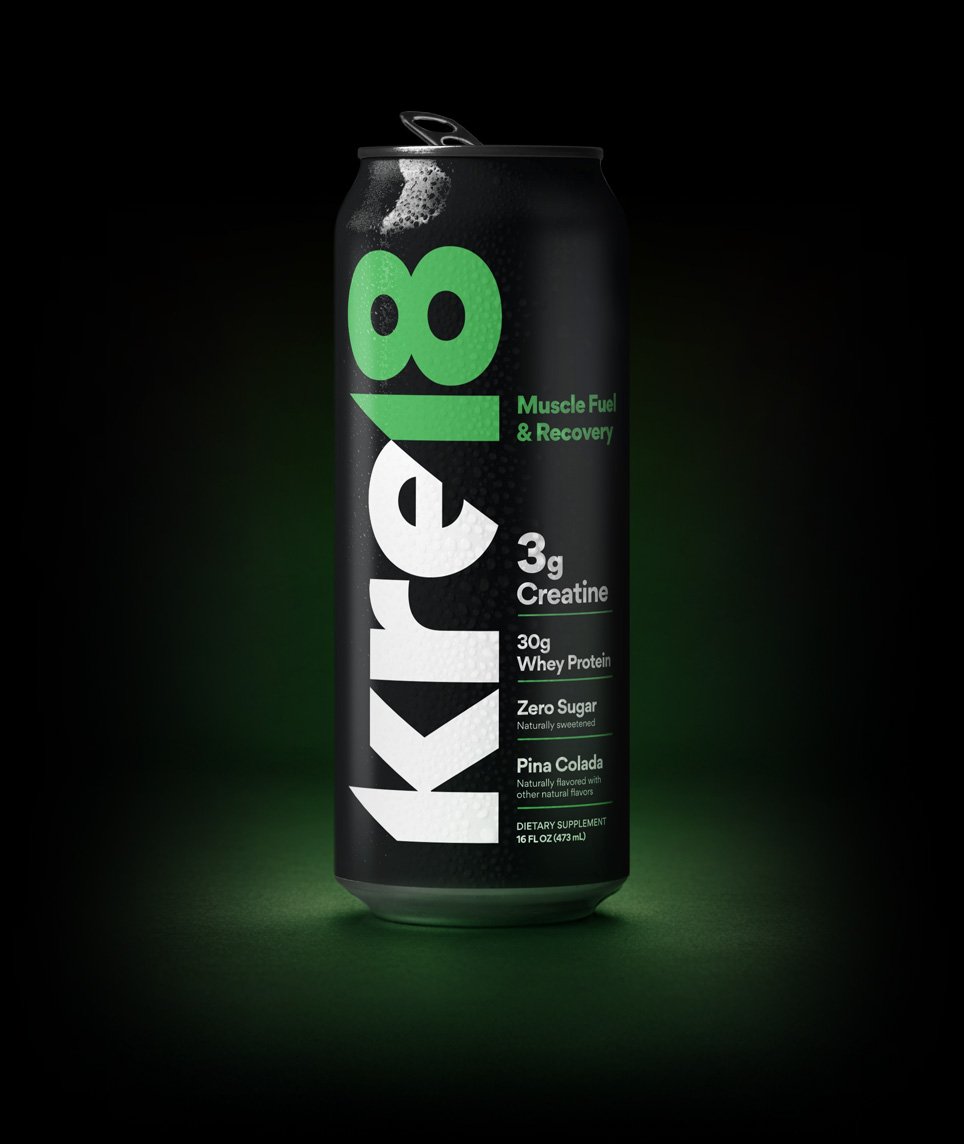Bioavailability of Zinc Bisglycinate
- One of the central and most important advantages of zinc bisglycinate is its superior bioavailability.
- Studies have shown that zinc bisglycinate increases serum zinc levels more effectively than other forms, such as zinc gluconate or zinc oxide.
- A randomized crossover study found that zinc bisglycinate improved oral bioavailability by 43.4%, compared to zinc gluconate (Gandia et al., 2007). In addition, scientific evidence ranks the bioavailability of various forms of zinc as follows: zinc bisglycinate > zinc picolinate > zinc gluconate > zinc oxide.
- Chelation enhances solubility and dissolution rates, allowing for better absorption in the gastrointestinal tract; this makes zinc bisglycinate an ideal choice for individuals with digestive sensitivities or conditions that impair nutrient absorption.
Enhanced Immune Support
- Zinc bisglycinate boosts immune function by supporting the production of white blood cells and reducing inflammation.
- Further, its superior absorption enhances these effects compared to other forms of zinc.
Cognitive and Neurological Health
- Adequate zinc levels are essential for brain function, particularly in regulating neurotransmitters like dopamine.
- Additionally, zinc bisglycinate’s high bioavailability ensures optimal delivery to brain tissues.
Skin Health and Wound Healing
- Zinc plays a pivotal role in collagen synthesis and tissue repair.
- Supplementation with zinc bisglycinate has been associated with faster wound healing and improvements in skin conditions (e.g., acne).
Digestive Tolerance
Unlike other forms of zinc that may cause nausea or an upset stomach, zinc bisglycinate is gentler on the digestive system due to its chelated structure.
Prevention of Zinc-Induced Copper Deficiency
- High doses of non-chelated zinc can interfere with copper absorption, leading to deficiencies.
- Research studies indicate that zinc bisglycinate does not significantly disrupt copper levels, making it a safer option for long-term supplementation (DiSilvestro et al., 2015).
Applications in Sports/Active Nutrition, Health, and Wellness Supplements
Zinc bisglycinate’s proven and powerful efficacy stems primarily from its high bioavailability and solubility, excellent digestive tolerability, and minimal copper interaction; as a result, this compound is increasingly being utilized in dietary supplements targeting: immune support; cognitive enhancement; skin health; and reproductive health.
Supplementation Dosage Recommendations, Safety, and Possible Side Effects
- The Recommended Dietary Allowance (RDA) for zinc varies by age, sex, and life stage: adult men, 11 milligrams per day; adult women: 8 milligrams per day; pregnant women: 11 milligrams per day; lactating women: 12 milligrams per day.
- For therapeutic purposes, doses of zinc may range from 15 to 30 milligrams per day; the tolerable upper intake level is considered to be 40 milligrams per day.
- Overall and in general, zinc bisglycinate is well-tolerated when taken within recommended dosages.



